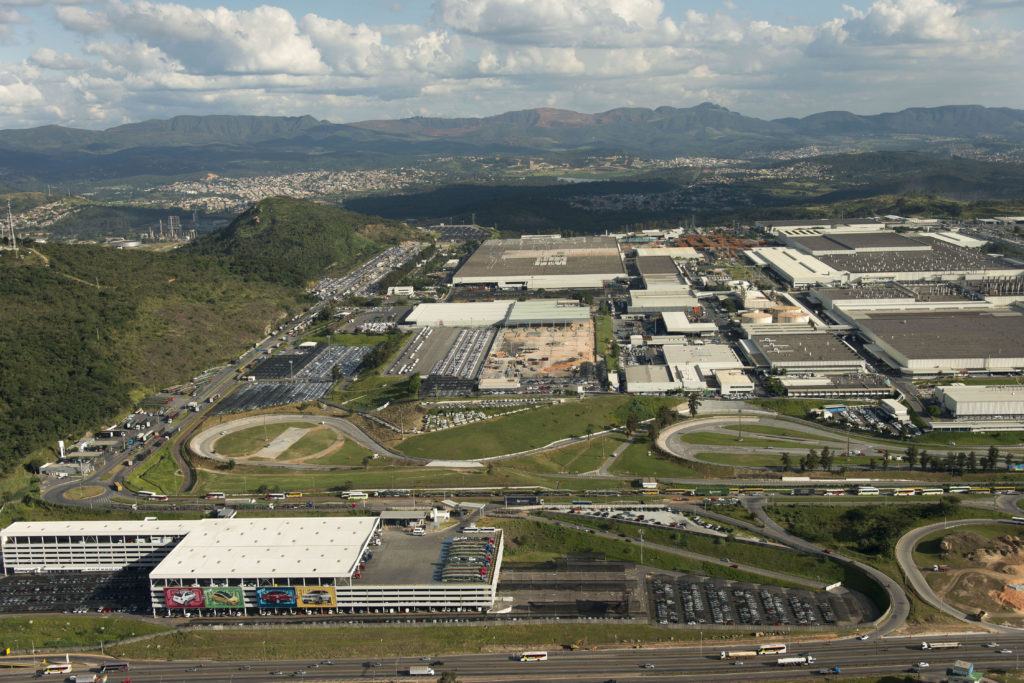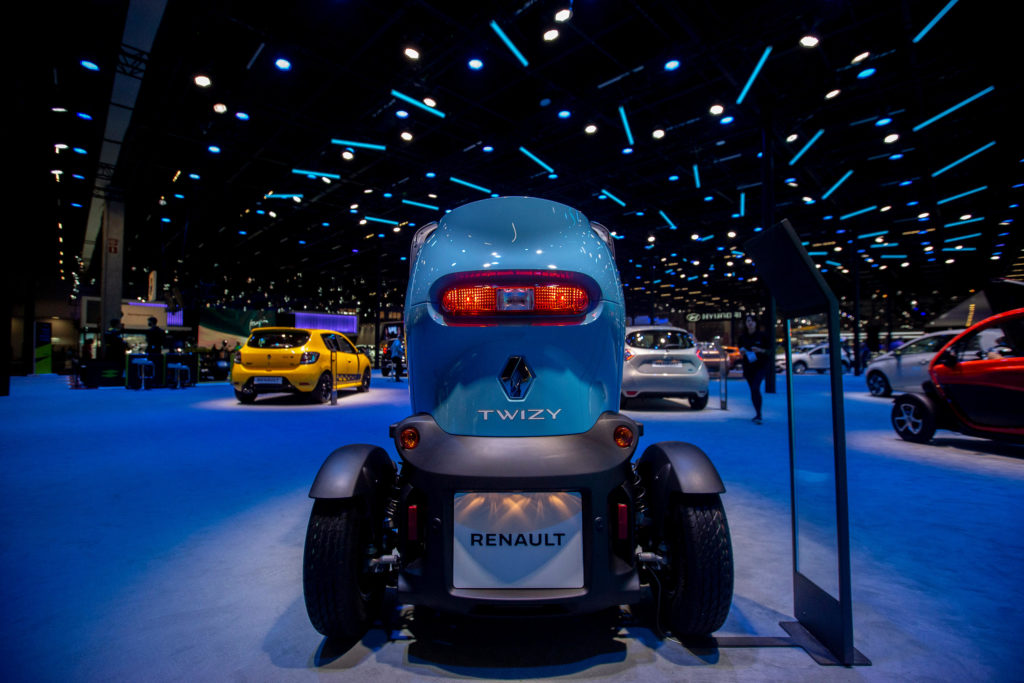By Arkady Petrov
RIO DE JANEIRO, BRAZIL – The consolidation of the global automotive sector is gathering momentum with the announcement, on Monday May 27th, of a possible merger between the Italian-American Fiat Chrysler Automobiles (FCA) and the French Renault.

The new company would be the third largest assembler in the world, with 8.7 million annual motor vehicle sales, with projected savings of US$5.6 (R$22.4) billion per year.
Under the FCA proposal, its shareholders would own 50 percent of the new company, with the remainder owned by the French automaker. Renault said in a statement that it would advise on the outcome of negotiations in the future.
The possible merger would hit Brazil hard, where the brands of Fiat and Jeep (FCA group) and Renault now hold a combined estimated market share of over 27 percent, according to data from the National Federation of Motor Vehicle Distribution (Fenabrave).
Fiat is the Third Largest Automaker in Brazil
According to Fenabrave, Fiat is the third largest automaker and light commercial vehicle manufacturer, holding 13.6 percent of the market.
Renault is just behind, with an 8.8 percent share, and Jeep holds a 4.91 percent share, according to data through April.
In Brazil, Argo, Mobi, and Cronos are Fiat’s best-selling cars. Kwid, Sandero, and Captur are Renault’s most popular models.
Another potential global vehicle alliance that would include Brazil is one between Volkswagen and Ford; however, there would be no merger of shareholding between the companies.
For Bright Consulting’s automotive sector consultant, Paulo Cardamone, automakers are globally seeking consolidation.
“In the case of FCA and Renault, there would be a significant change also in the Brazilian market, with economies of scale. Moreover, consumer demands for embedded technologies, which are expensive, demands company resources, and a merger of this type favors those involved.”
He points out that it is possible that the two automakers could even reorganize their distribution network. “FCA and Renault are profoundly aware of what a strategic alliance is, and both are rooted in Europe, which makes the partnership culturally easier.”
Milad Kalume Neto, manager of the consulting firm specializing in the automotive industry Jato Dynamics, alerts, however, to the fundamentals of the agreement.
“As with any mergers in the segment, it is a very complex deal, so it is necessary to understand where the current alliance between Renault and Nissan/Mitsubishi will fit in,” he says.

The French automaker and Nissan have had a global strategic alliance for almost 20 years, which should pose challenges to the FCA group’s ambitions.
In a statement on the agreement, the Italian-American group says that, if operations are combined, including Nissan and Mitsubishi, it would become the largest alliance of automakers in the world, with annual sales of over 15 million vehicles.
In 2018, Renault sold 3.8 million automobiles and light commercial vehicles worldwide and generated sales of 57.42 billion euros.
It employs 183,000 people, approximately 7,000 in Brazil alone. Globally, the group owns five brands: Renault, Dacia, Renault Samsung Motors or RSM, Alpine, and Lada. In Brazil, the company has a plant in the state of Paraná and approximately 300 dealerships.
FCA made 110 billion euros last year, selling 4.8 million vehicles, including all the group’s brands and joint ventures.
It employs 236,000 people worldwide and operates 102 production units. The group has its second largest global market in Brazil, second only to Italy.
In addition to the plant in Goiana (PE), producing Jeep models, the industrial complex in Betim (MG) is the group’ s largest in the world, with an overall annual production volume of 800,000 vehicles.
Fiat was only able to penetrate the North American market more deeply through the alliance and subsequent merger with Chrysler, which was completed in 2014 with FCA going public on the New York Stock Exchange.
For Renault, this could mean a significant opportunity to break into the USA market.
(Source: Exame)

